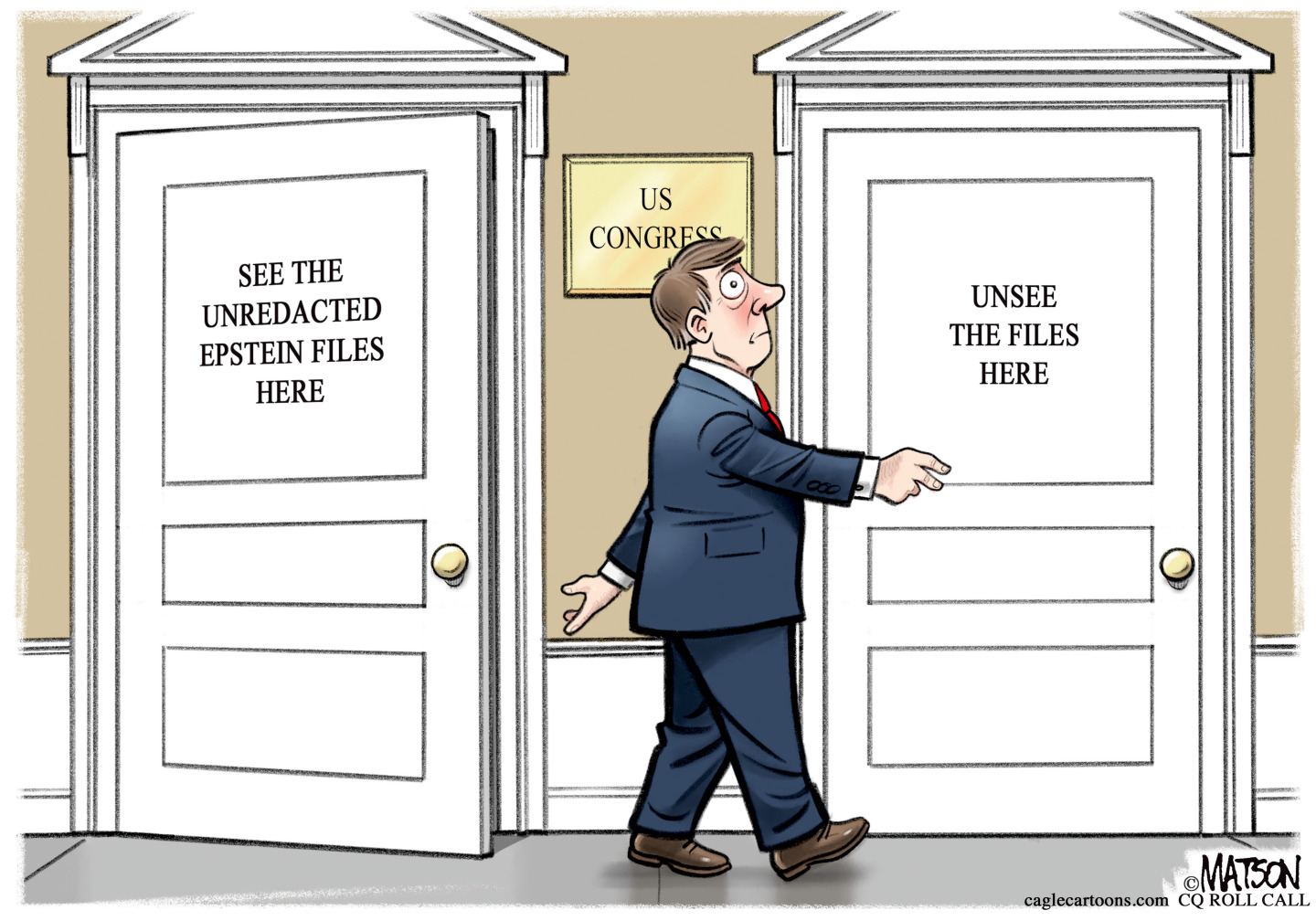College football: Should players be paid?
Modern college football is a multibillion-dollar business—there’s nothing “amateur” about it.
A free daily email with the biggest news stories of the day – and the best features from TheWeek.com
You are now subscribed
Your newsletter sign-up was successful
“It’s time to pay college athletes,” said Sean Gregory in Time. That’s been obvious for years, and became even clearer this month when the football season kicked off minus its most captivating player: Heisman-winning quarterback Johnny Manziel. He was banned for half of Texas A&M’s season opener for “breaking the spirit” of the amateur game, after allegedly autographing memorabilia for a five-figure fee. But a glance at the multibillion-dollar business that is modern college football shows there’s nothing “amateur” about it. Manziel works a full-time job making tens of millions for his school, his coach—whose salary tops $3 million—and local businesses without seeing a penny of it himself. In an era when TV networks are paying billions for the rights to college games, establishing a small wage for college players—say, $30,000—isn’t just fair. “It’s an ethical imperative.”
College athletes do get a wage, said John Tamny in Forbes.com. It’s called a scholarship, and is worth up to $200,000 in tuition, room costs, and expenses. Your average student would kill for a free ride through college. And thanks to college sports, the athletes who hope for pro careers get specialized training and a highly visible platform on which to promote themselves and land million-dollar contracts in the NFL. A star like Manziel gets to “carry around a marketable name for life.” But what about Manziel’s teammates? said Joe Nocera in The New York Times. Most will never make it to the pros. And most of them are required to devote so much time to football that they often do not get a real education to fall back on.
The scholarship system isn’t ideal, said Jeffrey Dorfman in Forbes.com, but a wage scheme would create a nightmare of complications. Will the paychecks be equal, or will the star quarterback who sells the tickets and boosts TV ratings be paid more than the third-string long-snapper? What would stop the 10 or 20 richest, most successful colleges from buying “virtually all the best football and basketball players”? What happens to the 90 percent of college sports programs that already lose money? And will the women’s lacrosse team get a cut? If not, schools had better lawyer up to defend a Title IX suit for equal pay. Face it: Paying college athletes in the name of fairness “will just create new problems.’’
The Week
Escape your echo chamber. Get the facts behind the news, plus analysis from multiple perspectives.

Sign up for The Week's Free Newsletters
From our morning news briefing to a weekly Good News Newsletter, get the best of The Week delivered directly to your inbox.
From our morning news briefing to a weekly Good News Newsletter, get the best of The Week delivered directly to your inbox.
A free daily email with the biggest news stories of the day – and the best features from TheWeek.com
-
 Political cartoons for February 11
Political cartoons for February 11Cartoons Wednesday's political cartoons include erasing Epstein, the national debt, and disease on demand
-
 The Week contest: Lubricant larceny
The Week contest: Lubricant larcenyPuzzles and Quizzes
-
 Can the UK take any more rain?
Can the UK take any more rain?Today’s Big Question An Atlantic jet stream is ‘stuck’ over British skies, leading to ‘biblical’ downpours and more than 40 consecutive days of rain in some areas